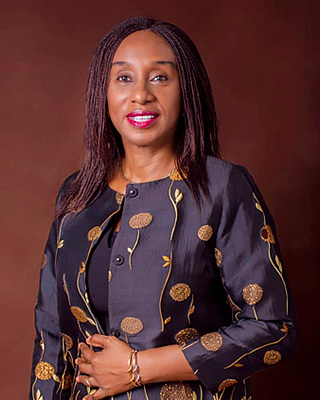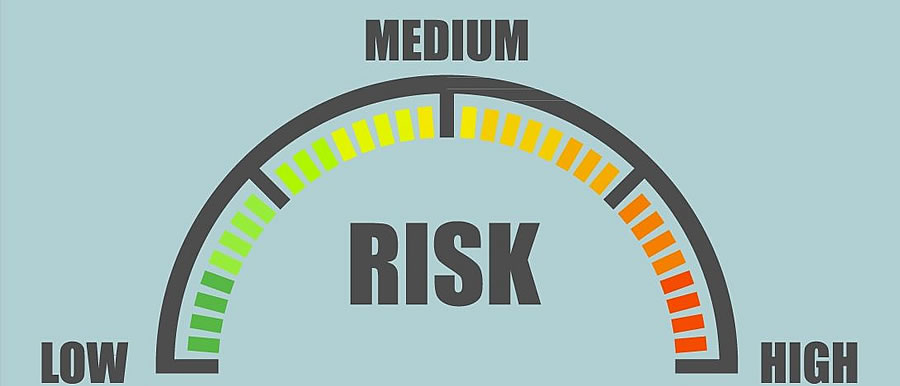“Insurance helps protect our investments and wealth, so we do not face financial ruin in the event of negative occurrences. Let us use it to our advantage.”
As we plan our financial future there are obstacles that pose risks to our financial well-being and prosperity. Life is full of surprises and the financially intelligent are wise enough to proactively cater for unpleasant surprises and manage risks like accidents, poor health, disability, burglary or death.
The most common way to manage personal risks and reduce the attendant financial losses is Insurance. It is designed to provide a cushion to absorb some of our losses and help us to recover quicker than we could have without their protection. Yet many do not have adequate insurance protection. Some consider it to be morbid and a demonstration of insufficient faith in God. However, insurance is not just about preparing for death. Others have a fundamental distrust of insurance companies due to countless occasions when the latter have not met their contractual obligations to the insured but instead left claims unpaid. Since we do not want to be accused of throwing away the proverbial baby with the bath water, we should buy suitable insurance products from credible insurance companies and do our own part by paying our premiums as and when due.
Non-Life products cover perils like accidents, fire, burglary, flood etc. Many business owners would have recovered faster from road accidents if they had adequate ‘goods in transit” insurance cover. If the landlord insures the house and tenants buy ‘householders insurance’’ to covers the contents, both of them would recover faster in the case of a fire or thunderstorm.
The Federal Government has made Health Insurance compulsory for all eligible salary earners, but that excludes millions of other Nigerians who are yet to benefit from the scheme. Unexpected health complications have a double negative effect – first they drain us financially and then prevent us from going back to work to earn more money, resulting in devastating financial consequences. When this happens some people would blame destiny, but destiny could have been helped with health insurance to provide quicker, more robust medical attention that would have resulted in fuller and faster recovery.
Many Investment products have a Life Insurance component. For instance, a Children’s Education Product bought from a Bank may pay out only the amount contributed for a child’s education to the child if the parent dies before the product lifecycle is completed. However, an education product from an Insurer would pay the Total Product Face Value to the child (irrespective of amount contributed by parent) because the Insurance product carries a Life Insurance component. So if the parent dies, at least the child would not need to worry about financing his education. Some retirees under the Contributory Scheme are now collecting all the proceeds of their Retirement Savings Accounts (RSA) from their PFAs and using it to buy Insurance Annuities. This is wise because the PFA would only disburse the total amount in the RSA (contributions and income earned) to the retiree. So if the retiree outlives the money, the PFA cannot help him. However, an Insurance Annuity is committed to the retiree throughout his life.
Credit Protection Policies are used to protect a property bought with a loan. So that if either due to disability or death a borrower is unable to complete repayment of the loan, the insurance company would pay the balance to the Lender so the Borrower/ Dependents would not lose the property.
Life insurance products are either term or whole life annuities. Term products are for a specified periods e.g. 25 years (but carry a provision to pay full product face value to the beneficiaries in case the insured dies, irrespective of amount contributed); whilst the whole life annuities only pay upon death of the insured. Term products are an additional way of saving towards retirement (due to the long tenure), whilst at the same time providing a financial cushion for one’s dependents in the event of one’s death. By the time the insured is collecting the proceeds of the Term Insurance, his dependents should have matured enough to cater for themselves financially and so would no longer need insurance protection.
Insurance investment products however, do not generate high returns on investment (ROI) simply because of the additional Life risks that the Insurer has to bear. Therefore, in order to get optimum ROI from our Investment Portfolio, only the vital Insurance products should be purchased.
Insurance helps protect our investments and wealth, so we do not face financial ruin in the event of negative occurrences. Let us use it to our advantage. Happy investing



